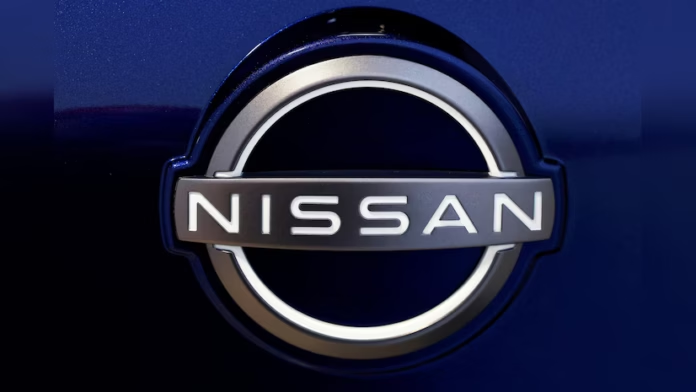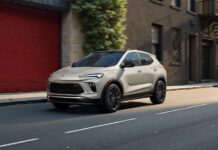In a gesture that could confirm the tariff-biased economic policy of former President Donald Trump, Japanese automobile manufacturer Nissan is said to be weighing whether to shift some of its car production from Japan to the United States. This would be the initial indication that Trump’s newly implemented 25% auto import tariff is starting to remake global supply chains—exactly as planned.
Trump’s Economic Push: “An Economic Revolution”
The move comes weeks after the tariffs officially took effect, aimed at imported cars and auto parts. The White House claims this audacious step aims to restore factory jobs, limit reliance on foreign imports, and make America more industrialized. Trump himself cheered the action as an “economic revolution,” urging citizens and corporations to “hang tough” for what he labeled a historic achievement.
Nissan Considers Shifting U.S. Production
Nissan is considering plans to shift some of its Rogue SUV production from its Japanese Fukuoka factory to U.S. factories, according to the Japanese business newspaper Nikkei. Although the company has not officially confirmed the news, the move would be a direct reaction to the new trade hurdles that make foreign-made autos much more costly for American buyers.
Import Numbers Drive Urgency
In 2024, Nissan alone had sold about 920,000 cars in the United States. Roughly 16% of these were exported from Japan. For now, as the tariff is now placing an additional 25% cost burden on each imported vehicle. It produces cars nearer to the final consumer that makes economic sense.
Approximately 25% of the Rogue SUV is currently made in the U.S., and 40% comes from Japan. This ratio may now severely favor American production. For the Trump administration, it’s a sign that the policy perhaps is pushing the intended outcome: domestic investment.
The Bigger Picture: U.S. Auto Industry Goals
The White House asserts the American automobile industry has been “undermined by excessive imports.” Almost half of all the cars sold in the U.S. last year were imported. That’s a massive amount of potential domestic output that the administration seeks to regain. With 1 million Americans working in the auto and parts sector, officials feel that encouraging domestic production would add thousands of new jobs.
Other Carmakers Feel the Heat
Republican Texas Representative Wesley Hunt lauded the action, saying, “These tariffs will bring automotive manufacturing back to America.” Others are guarded, cautioning that short-term disturbances, increased prices for cars, and counteraction from trade partners such as China may ensue.
Already, other automakers are responding. Nissan just announced that it would suspend taking new U.S. orders for two Mexican-made SUVs. Meanwhile, the British luxury automaker Jaguar Land Rover said it’s suspending its U.S. shipments temporarily to refashion long-term strategy.
What Comes Next: Uncertainty and Opportunity
Despite some optimism in some quarters, the future is uncertain. Experts warn consumers may be hit first. Car prices will go up, and some automakers will cut back on their model offerings in the U.S. until supply chain realignments are made.
But to Trump and his allies, such signals as Nissan’s shift provide a central tale victory. The much-discussed and decried tariffs are starting to force multinational titans to reconsider how and where to manufacture automobiles for the US market.
Conclusion: Industry Shifts Already Underway
Whether this trend grows or dissolves will depend on the response of other manufacturers in the next few months. With additional tariffs on auto components pending soon, the pressure on worldwide car makers to relocate may only intensify.
As Nissan considers its next move, one thing is certain: the domino effects of Trump’s tariffs are already changing the world’s auto industry—one assembly line at a time.








